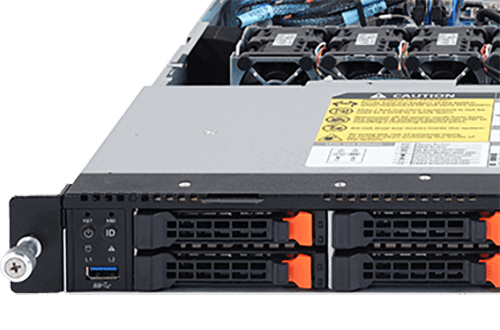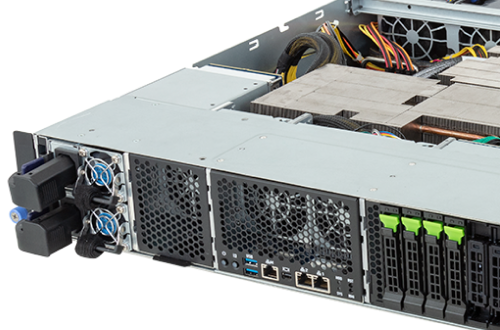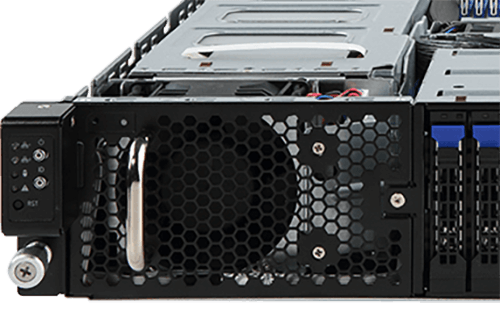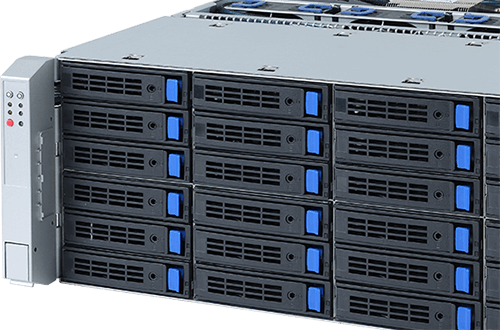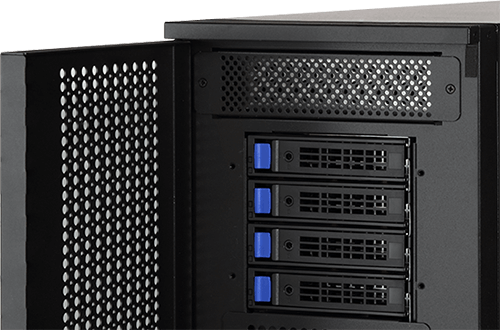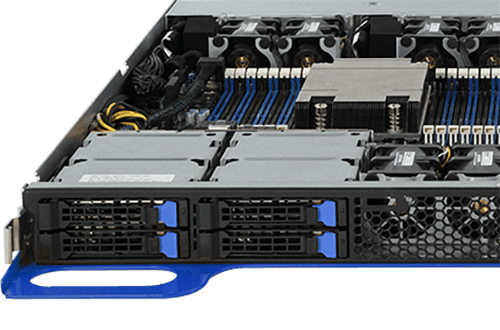Success-Case
As Good as Gold – High Performance Computing Accelerates Oil Extraction
High Performance Computing (HPC) can complete complex and large-scale computational analysis workloads in a relatively short amount of time, bringing about many breakthroughs in scientific and technological development. HPC is also an indispensable tool for contemporary scientific research, and the number of fields that it can be applied to is constantly growing, such as for weather forecasting, earthquake imaging or genetic analysis. Even oil extraction can now rely on HPC to improve process efficiency and accuracy, allowing mining companies to save a huge amount of money and giving them a greater competitive advantage in the energy market.
From the commencement of exploration until the first drop
of oil is obtained is quite a long and expensive process. It can be said investing
in this business has a high cost, high risk and long wait of return.
One of the World’s Most Expensive Feats of Engineering – Oil Extraction
HPC: Applying an Accelerator to Oil Exploration

Marine oilfield exploration requires special
technology and a huge investment cost. After the collection of marine
geological data, high performance computing is used to convert it into a high
resolution 3D stratigraphic model, which is then used to confirm the location
of oil and gas extraction sites and accurately plan the new drilling project.
GIGABYTE’s Strong Technical Background Helps Overcome Challenges and Meet Unique Customer Needs
Oil Immersion Technology Reduces Energy Consumption & Carbon Output – Saving Money & the Environment
Using a Wealth of Server Experience to Be the Biggest Help to Our Customers
Upcoming Cooling Challenges Facing High Performance Computing Servers

HPC
Data Center
Immersion Cooling
Server
Cooling
WE RECOMMEND
RELATED ARTICLES

Success Case
GIGABYTE Servers Become Part of the German Aerospace Center’s Data Center
When the German Aerospace Center (Deutsches Zentrum für Luft- und Raumfahrt, abbreviated as DLR) wanted to expand their data center, they searched for servers that could operate smoothly in an ambient temperature of 40°C without the need for air conditioning. GIGABYTE’s server team provided a solution from its High Density Server product line that combined computing, storage, and connectivity in a single system. The High Density Servers are equipped with liquid-cooling technology to run without a hitch in high-temperature environments, enabling the data center to efficiently process an enormous amount of space-related research data in the limited space available.

Success Case
Semiconductor Giant Selects GIGABYTE’s Two-Phase Immersion Cooling Solution
GIGABYTE Technology has built a “two-phase immersion cooling solution” for one of Taiwan’s foremost semiconductor giants, to be used in its sustainable, future-proof “green HPC data centers”. Not only does the solution boost the performance of HPC processors by over 10%—which is crucial for the nanometer process technology used in IC foundries—it also reduces data center power consumption by 30% and lowers PUE below 1.08, which turns it into a role model of green computing that may be replicated in data centers around the world. This exemplary project demonstrates how GIGABYTE can support its clients’ CSR, ESG, and SDGs-related initiatives, and how GIGABYTE is working tirelessly to “Upgrade Your Life” with high tech while protecting our environment.

Success Case
GIGABYTE’s GPU Servers Help Improve Oil & Gas Exploration Efficiency
GPU-accelerated servers are used in industries such as oil and gas exploration to deliver powerful computing capabilities, helping to quickly and accurately analyze large and complex data sets to reduce exploration costs. GIGABYTE uses industry-leading HPC technologies to provide customers in the oil and gas industry with GPU-accelerated servers that deliver top-tier computing performance.

Success Case
Satisfying Your Need for Speed: Server Technology Helps to Achieve Aerodynamic Vehicle Design
A world-renowned automotive manufacturer uses Computational Fluid Dynamics (CFD) simulation software, analyzing huge amounts of data to optimize the design of their vehicles. They selected GIGABYTE’s high density multi-node servers to build a high-performance computing cluster for their vehicle design center, making the most efficient use of the limited space available to deliver maximum computing power to their aerodynamic engineering team.
Get the inside scoop on the latest tech trends, subscribe today!
Get Updates







